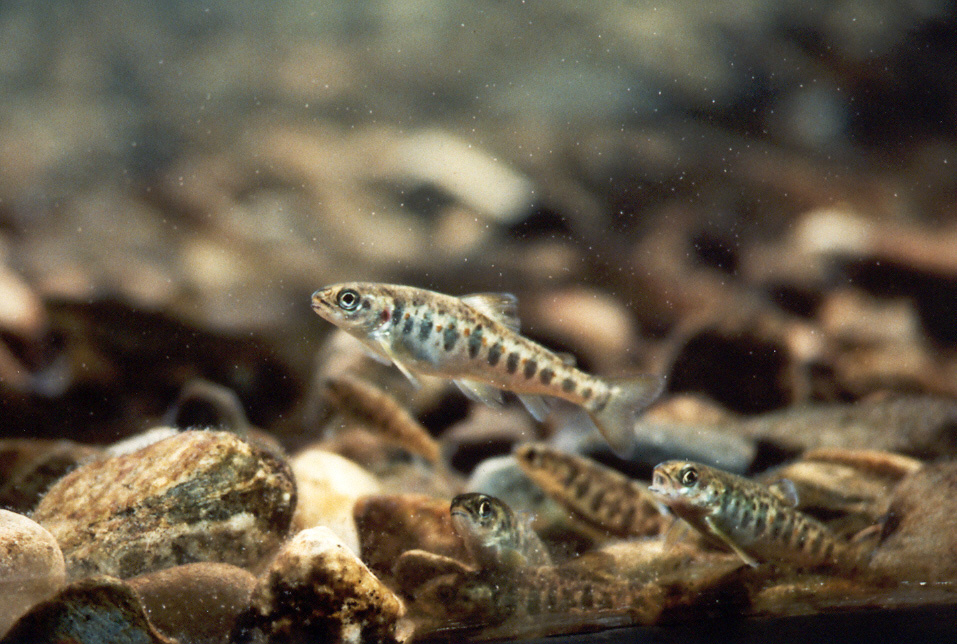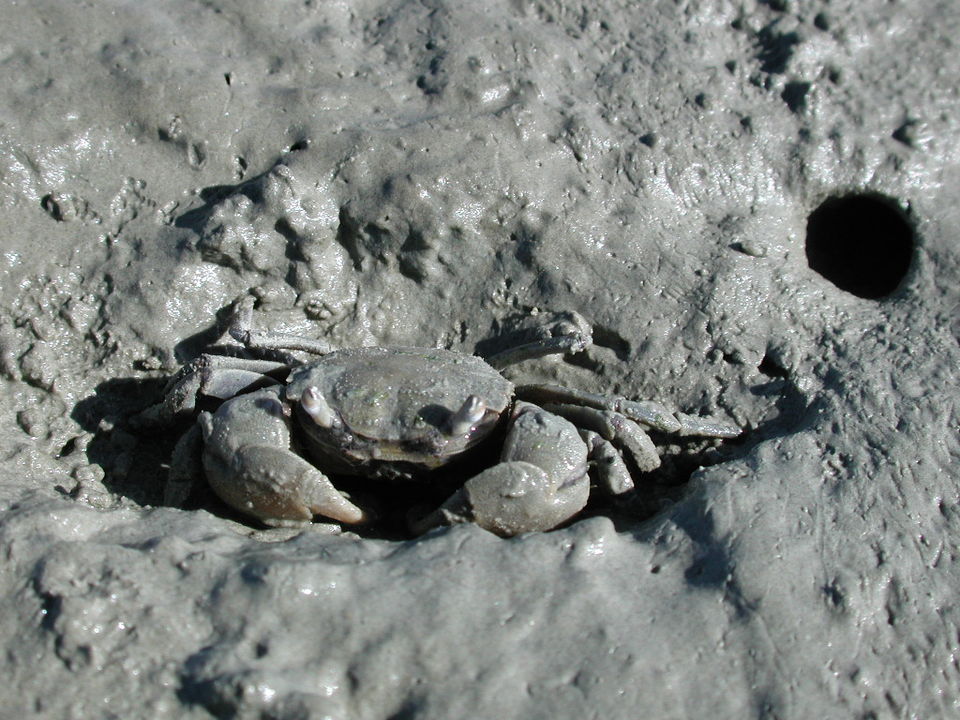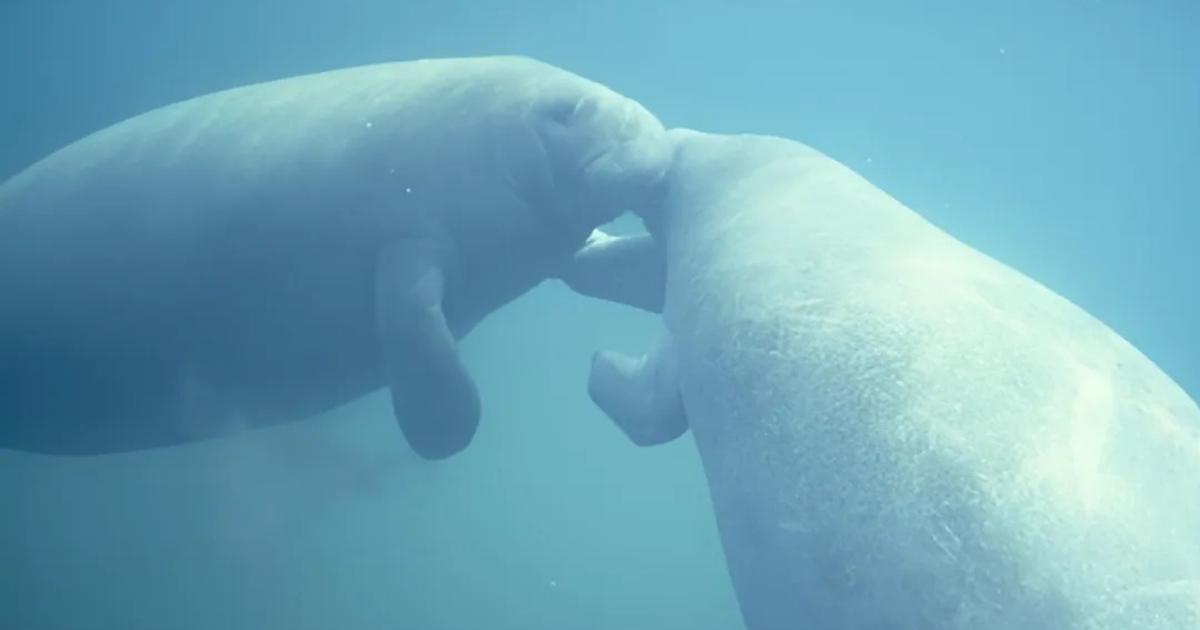Scientists recently discovered that anti-anxiety medication clobazam is leaching into waterways and affecting the migration of Atlantic Salmon. In a study published in Science, researchers found these fish passed through dams faster and seemingly with more focus than unexposed salmon.

Credit: Lorenz Seebauer — CC BY-SA 4.0
Field Experiment: Tracking Salmon in Sweden’s River Dal
The scientists note that anxiety drugs like clobazam and opioid painkillers like Tramadol have been found their way into aquatic ecosystems all over the world. To investigate what that could mean for animals exposed to these drugs, scientists implanted 279 young salmon with low doses of clobazam, tramadol, a mixture of both, or a control implant. The fish were released into Sweden’s River Dal and tracked via acoustic tags along a 28-kilometer migration route featuring two hydropower dams. More than twice as many salmon exposed to clobazam made it to the Baltic Sea than the control salmon. Tramadol alone, though showed no significant effect.

Credit: Xauxa (Håkan Svensson) — CC BY-SA 3.0
Secret to Success? Speeding Through Dams
Clobazam-exposed salmon passed through the hydroelectric Älvkarleby dam two to eight times faster than other groups. Faster dam passage likely reduced energy use and exposure to predators. Despite the apparent advantage, the vast majority of both groups died on their journey.
Lab Tests Reveal a Dangerous Trade-Off
Despite being focused on getting where they want to go, scientists found the salmon also displayed more solitary, risky behavior as a result of exposure. In controlled experiments, clobazam-exposed salmon formed looser shoals, groups of fish swimming together, when a predator was around. Their groups had much more space between the fish compared to normal.
Researchers think this change helped them navigate dams more efficiently but could heighten vulnerability in other contexts.
Why it Matters
The authors write that even though it’s difficult to figure out all of the effects pharmaceutical pollution has on the environment, their research shows such pollution does have the power to affect animal behavior. The researchers caution that such changes may have “wide-ranging consequences for the ecology and evolution of wild populations.
***
“Pharmaceutical pollution influences river-to-sea migration in Atlantic salmon (Salmo salar).” Brand et al. Science (2025).








